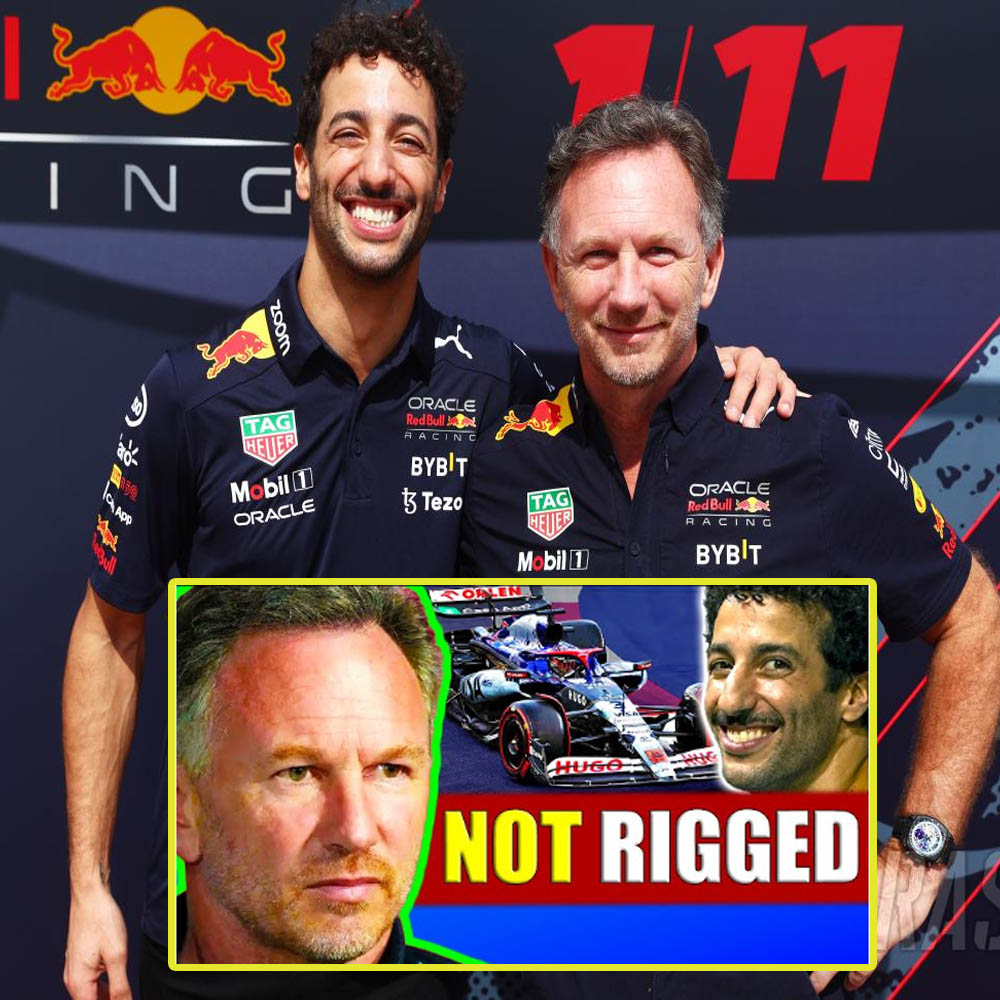Cornwall is a historic county and ceremonial county in South West England. It is recognized as one of the Celtic nations, and is the homeland of the Cornish people. Cornwall is bordered to the north and west by the Atlantic Ocean, to the south by the English Channel, and to the east by the county of Devon, with the River Tamar forming the border between them. Cornwall forms the westernmost part of the South West Peninsula of the island of Great Britain. The administrative centre of Cornwall is Truro, its only city.
Cornwall is noted for its geology and coastal scenery. A large part of the Cornubian batholith is within Cornwall. The north coast has many cliffs where exposed geological formations are studied. The area is noted for its wild moorland landscapes, its long and varied coastline, its attractive villages, its many place-names derived from the Cornish language, and its very mild climate. Extensive stretches of Cornwall’s coastline, and Bodmin Moor, are protected as an Area of Outstanding Natural Beauty. These black and white photos were taken by Norman Craig that show life of Cornwall in 1973. 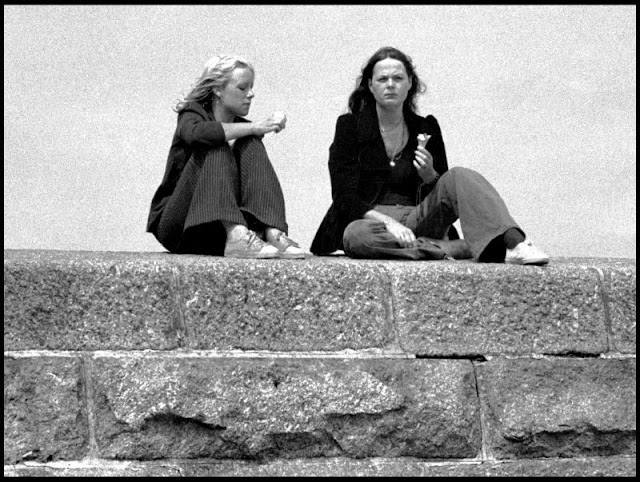 Ice cream on the sea wall, 1973
Ice cream on the sea wall, 1973
 Look out, here comes the bus, Mousehole, 1973
Look out, here comes the bus, Mousehole, 1973
 Blue Aquarius, 1973
Blue Aquarius, 1973
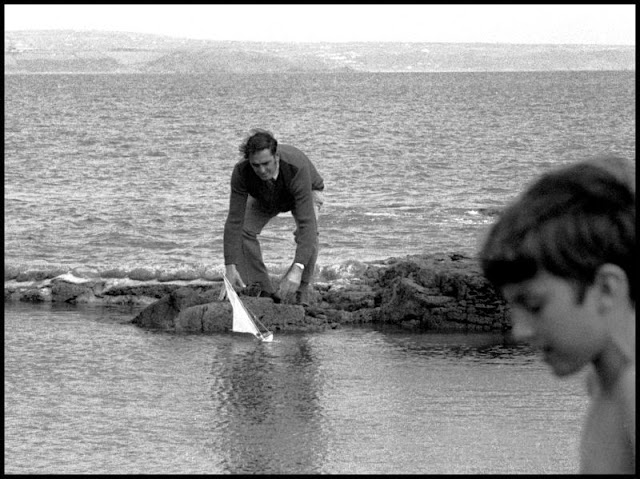 Cornwall, 1973
Cornwall, 1973
 Cornwall, 1973
Cornwall, 1973
 Dog in a Rover, 1973
Dog in a Rover, 1973
 Family at the beach, 1973
Family at the beach, 1973
 Fish counter, St Ives, 1973
Fish counter, St Ives, 1973
 Getting it on canvas, 1973
Getting it on canvas, 1973
 Hippie looking character enjoys a pipe of something, Penzance, 1973
Hippie looking character enjoys a pipe of something, Penzance, 1973
 Holiday travel in style, 1973
Holiday travel in style, 1973
 Land’s End, 1973
Land’s End, 1973
 Land’s End, 1973
Land’s End, 1973
 Land’s End, 1973
Land’s End, 1973
 Lobster pots, 1973
Lobster pots, 1973
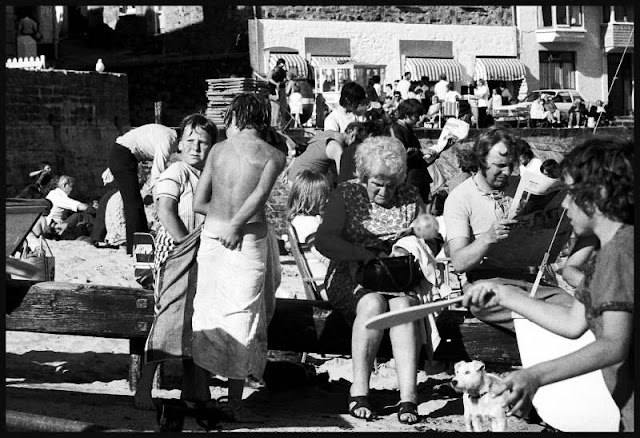 On the beach, St Ives, 1973
On the beach, St Ives, 1973
 Quay and cars, Mousehole, 1973
Quay and cars, Mousehole, 1973
 Sitting in the sun, 1973
Sitting in the sun, 1973
 St Ives, 1973
St Ives, 1973
 St Ives, 1973
St Ives, 1973
 St Ives, 1973
St Ives, 1973
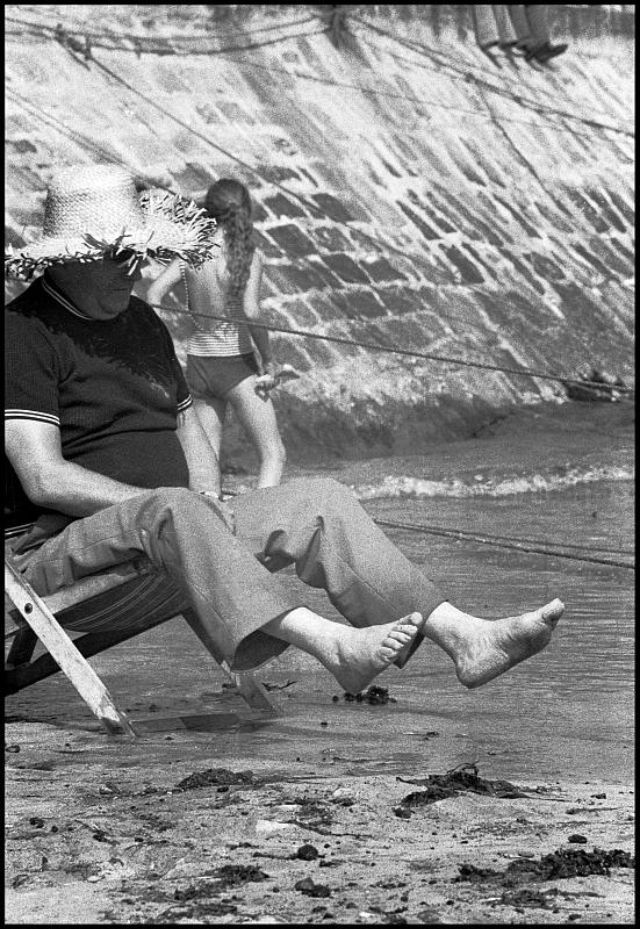 St Ives, 1973
St Ives, 1973
 St Ives, 1973
St Ives, 1973
 Talisman brings back a shark, 1973
Talisman brings back a shark, 1973
 Tide’s out, St Ives, 1973
Tide’s out, St Ives, 1973
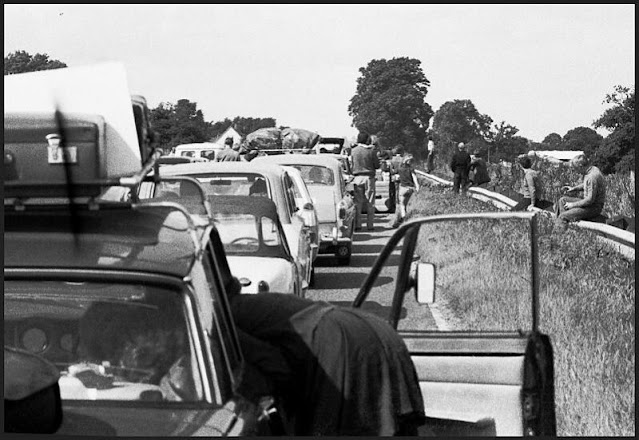 Traffic jam on the way to the south west, 1973
Traffic jam on the way to the south west, 1973
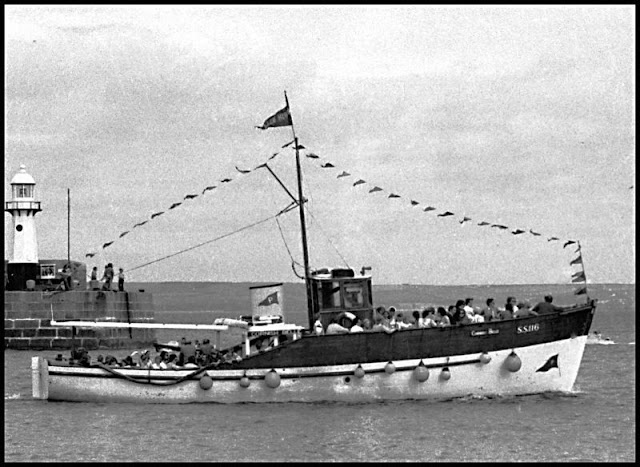 Trip round the bay on the Cornish Belle, 1973
Trip round the bay on the Cornish Belle, 1973
 View of Mousehole, 1973
View of Mousehole, 1973
 View of Mousehole, 1973
View of Mousehole, 1973
 View of Mousehole, 1973
View of Mousehole, 1973
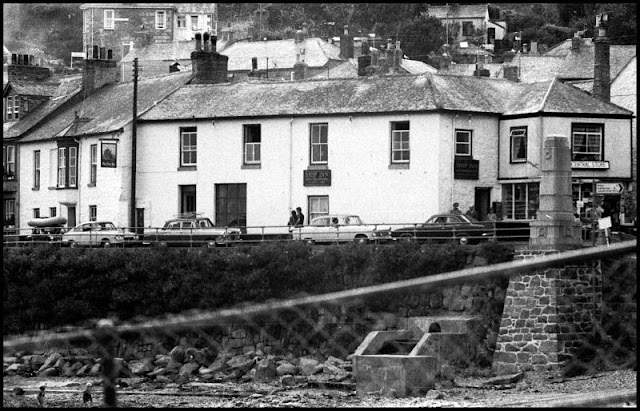 View of Mousehole, 1973
View of Mousehole, 1973
 Working boat, 1973
Working boat, 1973




